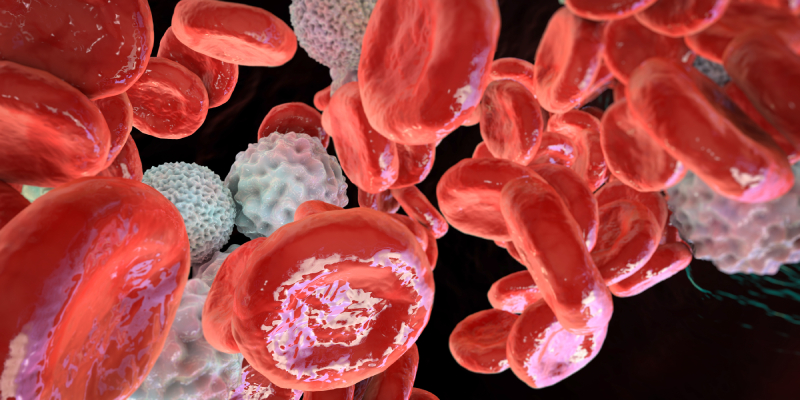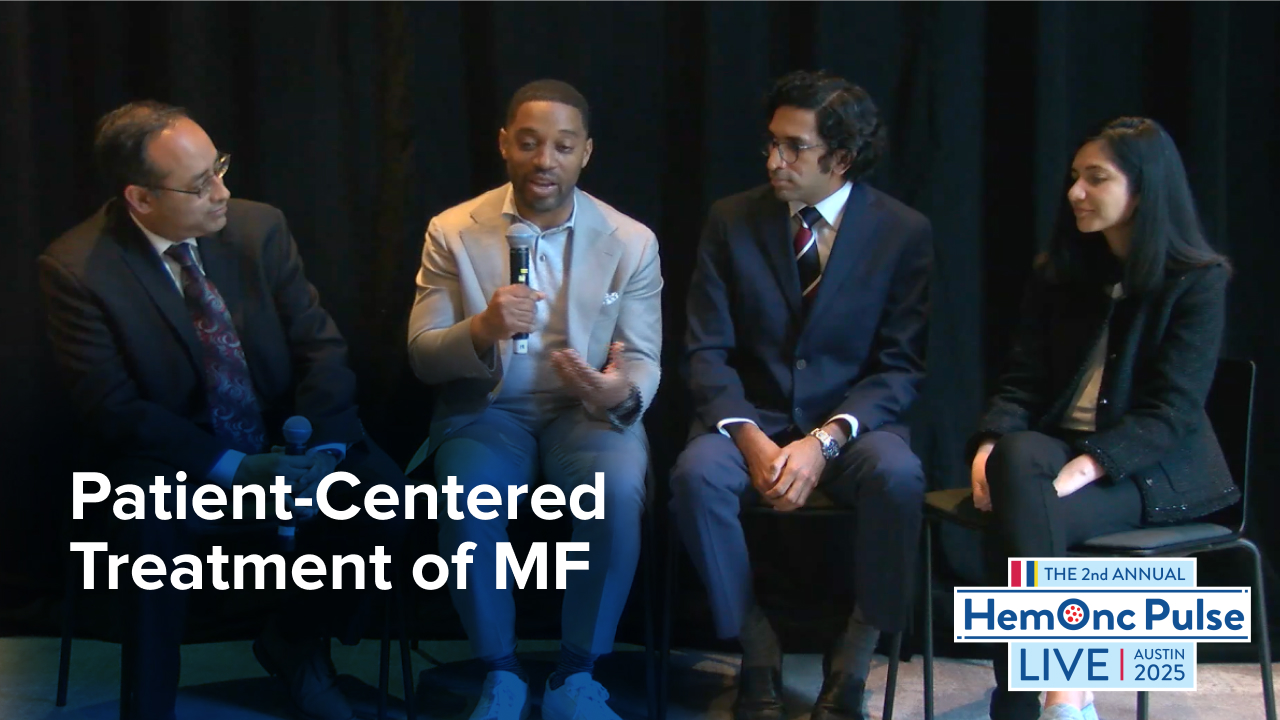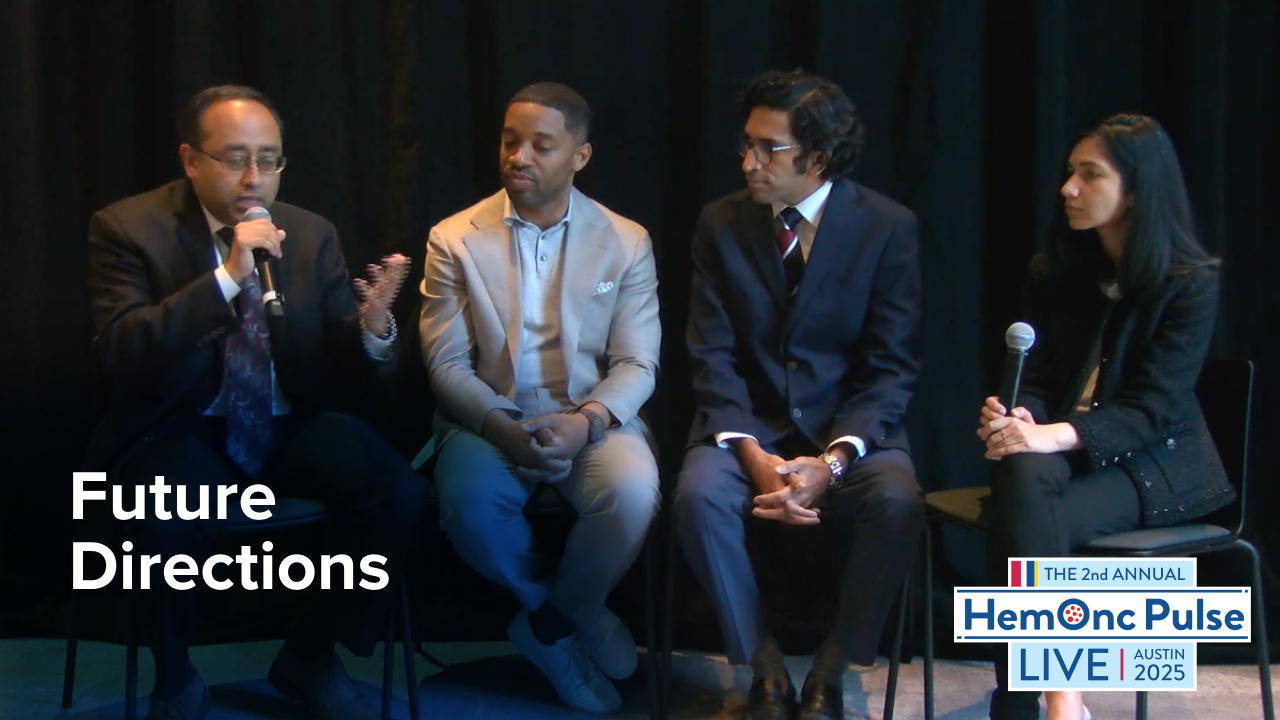
Across five open-label phase II studies on rusfertide plus concurrent therapies, nine cases of secondary malignancies were reported among 169 total patients who received treatment, representing an incidence of 5.3%. The highest rate of malignancies was observed in patients with polycythemia vera at 6.6%.
The data were presented at the 15th International Congress on Myeloproliferative Neoplasms in Brooklyn, New York, by lead author, Naveen Pemmaraju, MD, of the University of Texas MD Anderson Cancer Center in Houston.
Rusfertide is a novel hepcidin mimetic developed to treat hematologic disorders such as polycythemia vera, β-thalassemia, and hemochromatosis. In a 26-week transgenic rasH2 mice study, rusfertide exposure potentially led to benign papilloma and malignant squamous cell carcinoma.
Dr. Pemmaraju and colleagues added that a dose response was not observed with these incident skin neoplasms.
Malignancies More Common with Rusfertide Treatment for Polycythemia Vera
The study reviewed seven patients with malignancies following rusfertide therapy out of 70 patients (10%) with polycythemia vera in the REVIVE trial. The median time from rusfertide initiation to diagnoses of malignancies in these patients was 234 days (range, 50-798).
Five out of the seven patients had a prior history of cutaneous malignancy prior to rusfertide exposure, and the remaining two had undiagnosed premalignant or pre-existing lesions in their medical history, according to the researchers.
The most common malignancy was nonmelanoma skin cancer (NMSC) in six patients, and two of the seven patients were diagnosed with stage I melanoma, as one patient had concurrent NMSC and stage I melanoma. Additionally, acute myeloid leukemia (AML) developed in one patient with NMSC and a prior history of melanoma and thyroid cancer.
In other studies, malignancies developed in one out of 63 patients (1.6%) with β-thalassemia and one out of 16 (6.3%) with hemochromatosis with a time to onset of 247 and 12 days, respectively, after rusfertide initiation. No patients developed malignancies in the PACIFIC study on polycythemia vera.
“The potential relationship, if any, between rusfertide exposure and development of malignancies is being evaluated in patients with [polycythemia vera] in the randomized placebo-controlled phase 3 study VERIFY (NCT05210790) that is enrolling patients in Europe, North America, and other regions,” Dr. Pemmaraju and colleagues wrote in closing.
Reference
Pemmaraju N, Kremyanskaya M, Kuykendall A, et al. Summary of malignancies observed across 5 phase 2 open label clinical trials of the hepcidin mimetic rusfertide. Abstract 136. 15th International Congress on Myeloproliferative Neoplasms. November 2-3, 2023; Brooklyn, New York.






 © 2025 Mashup Media, LLC, a Formedics Property. All Rights Reserved.
© 2025 Mashup Media, LLC, a Formedics Property. All Rights Reserved.